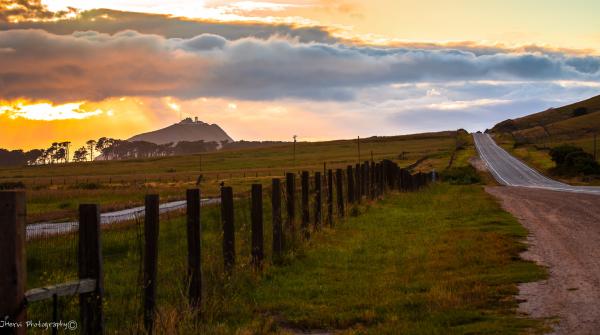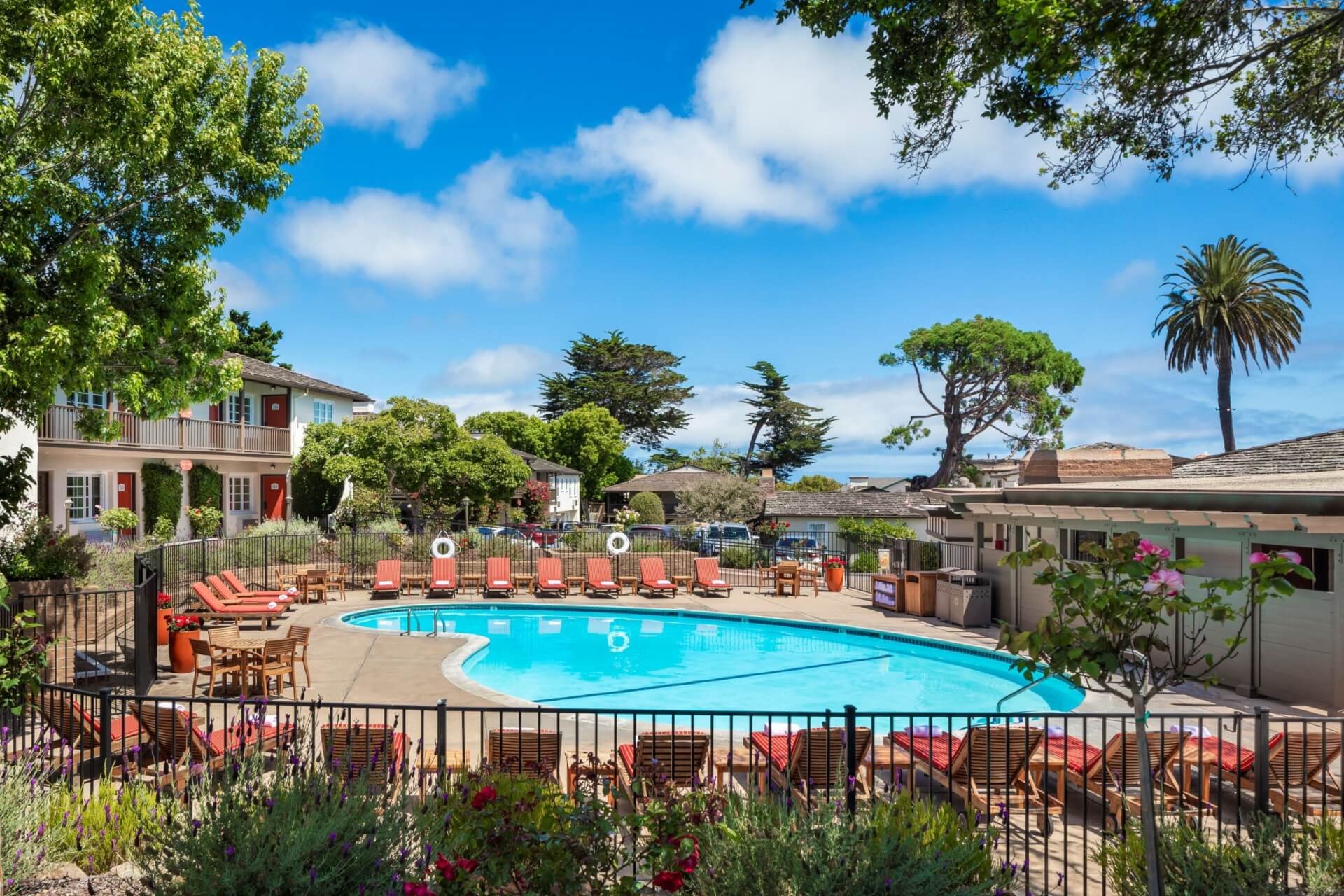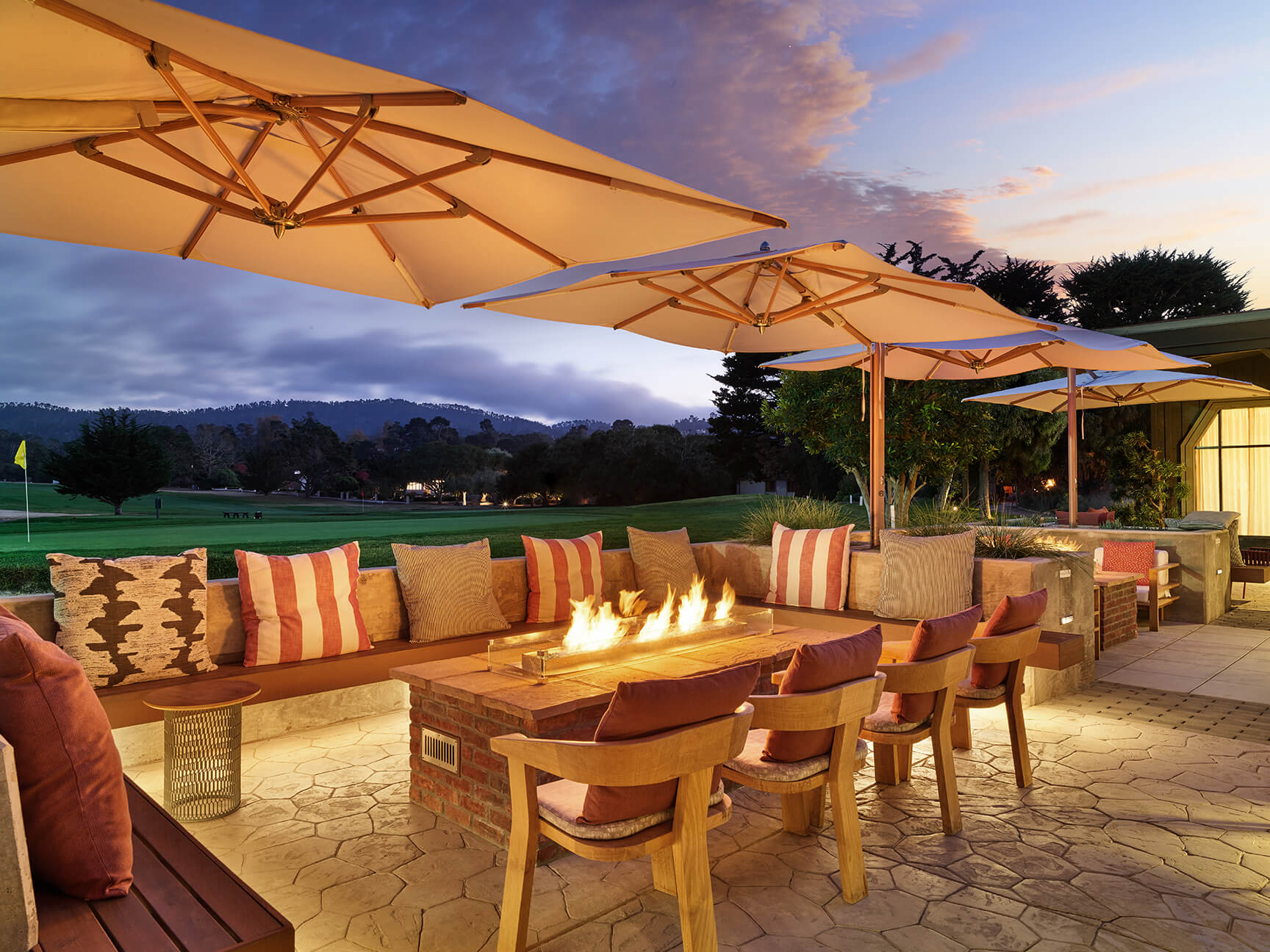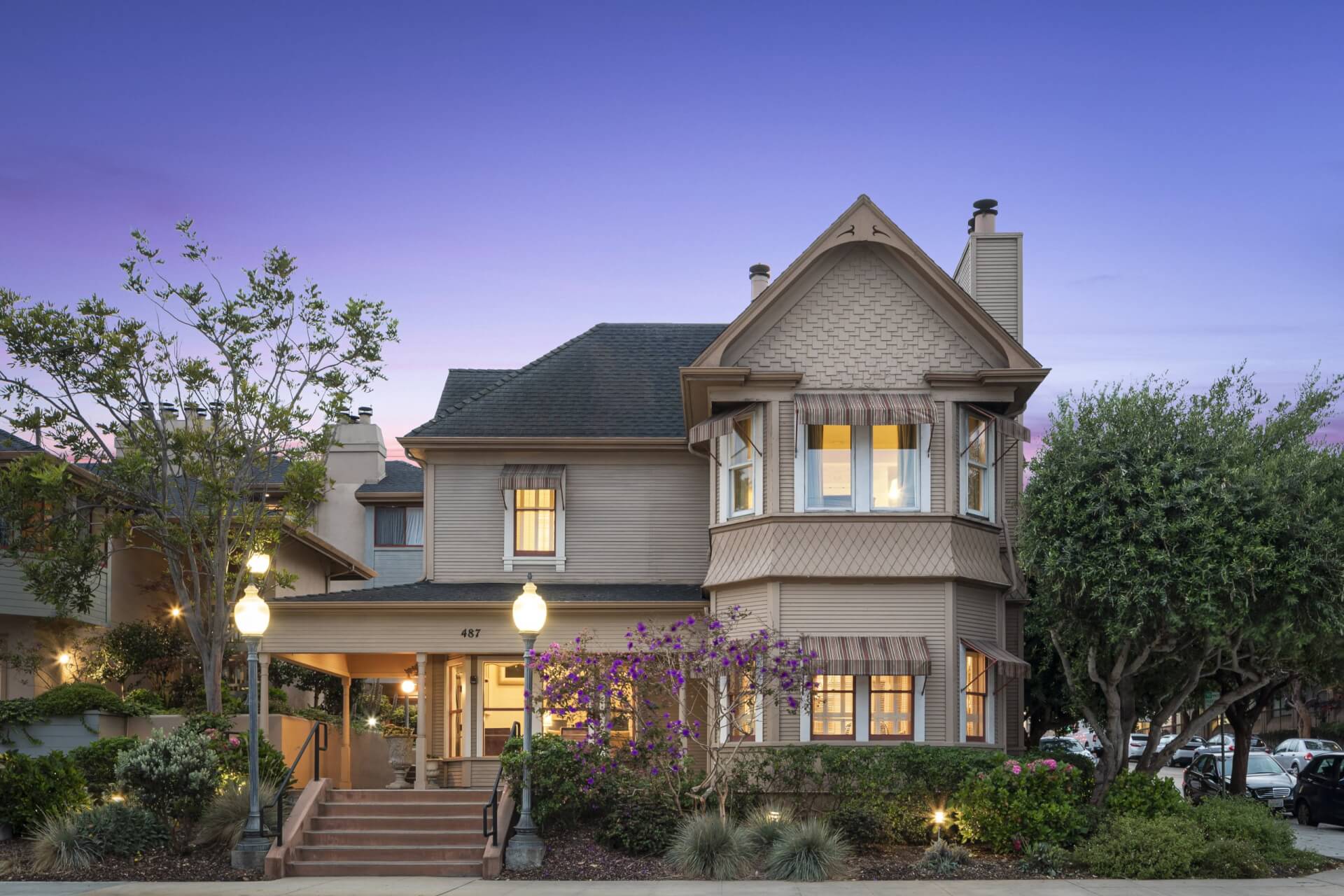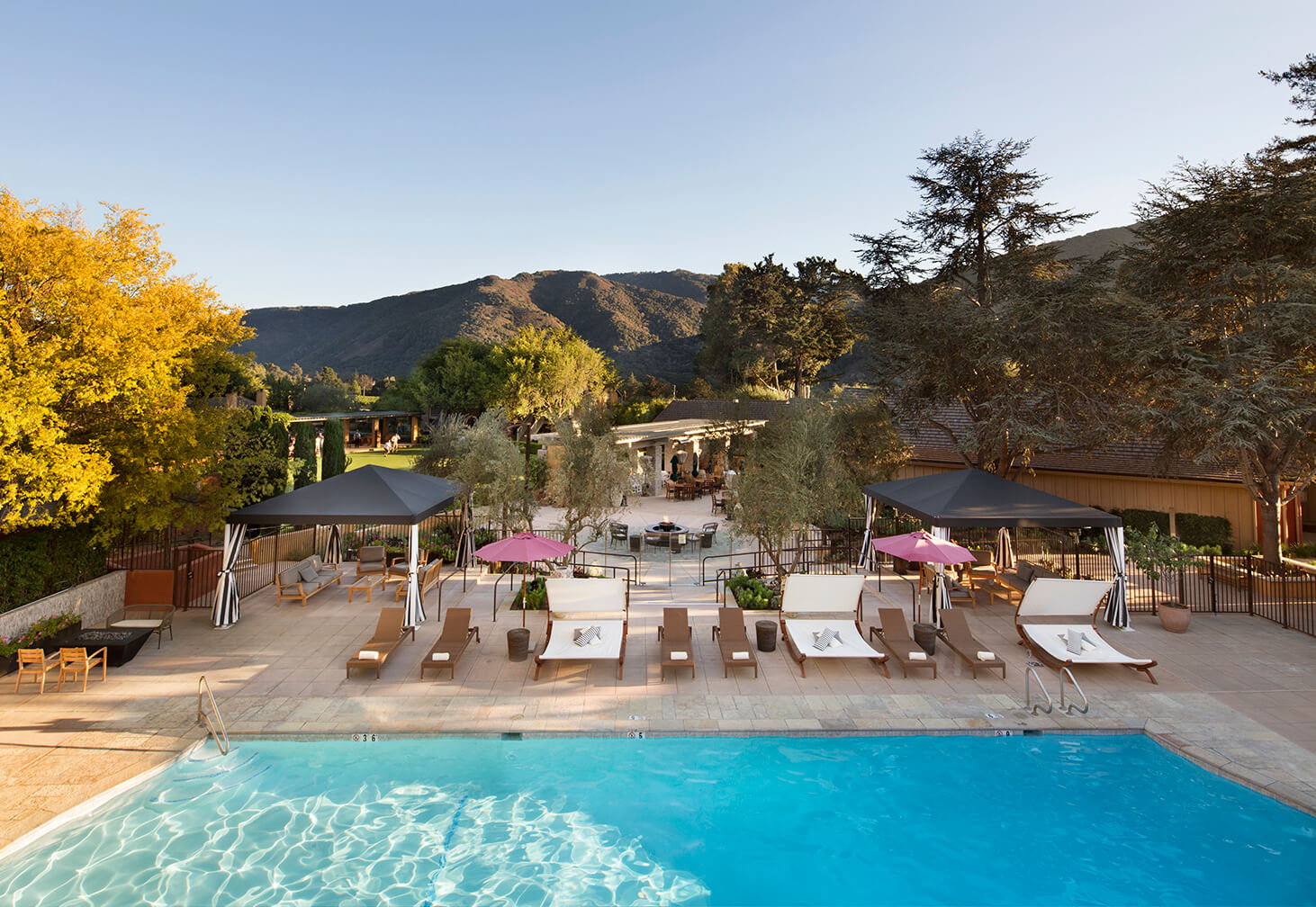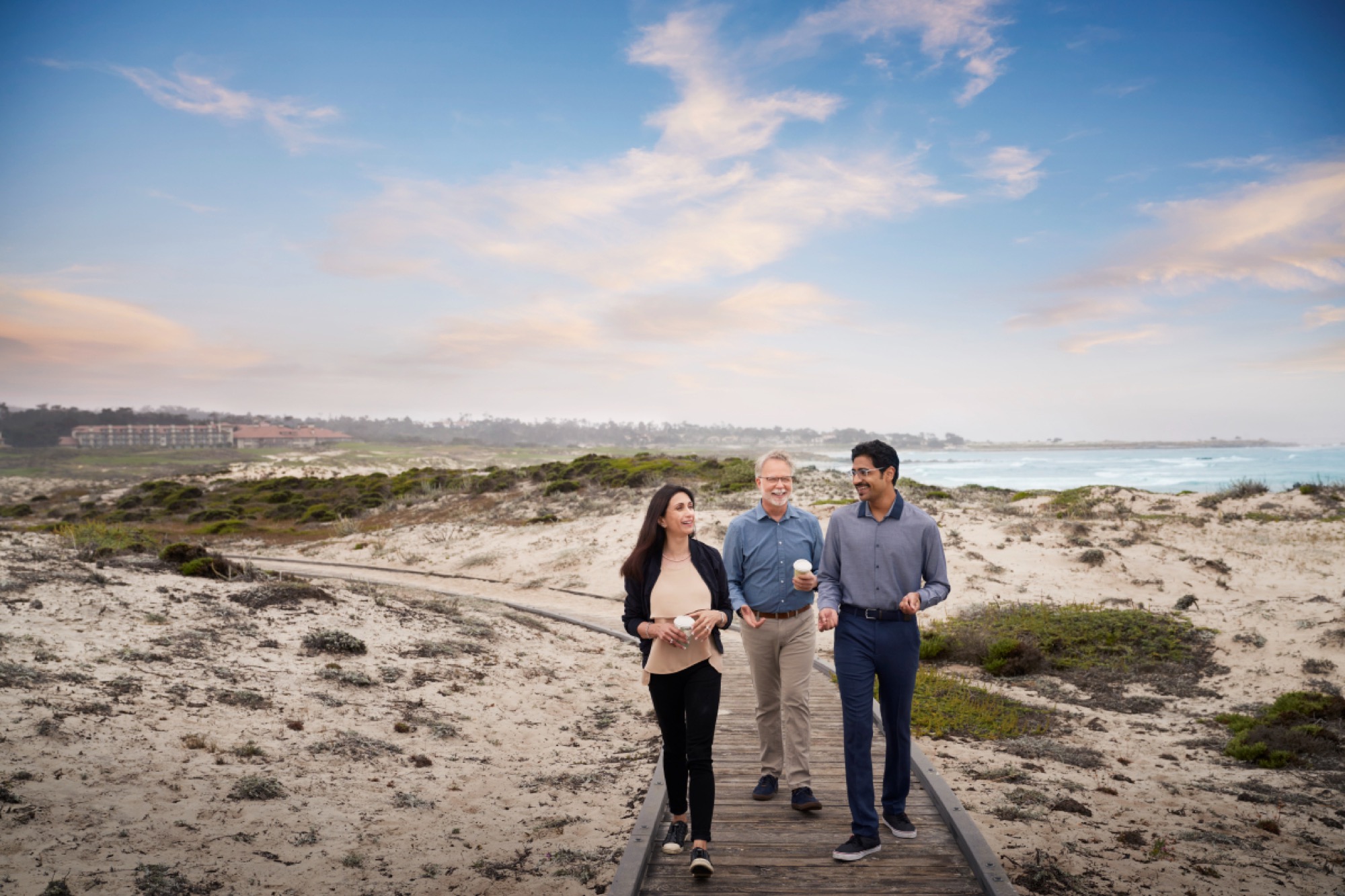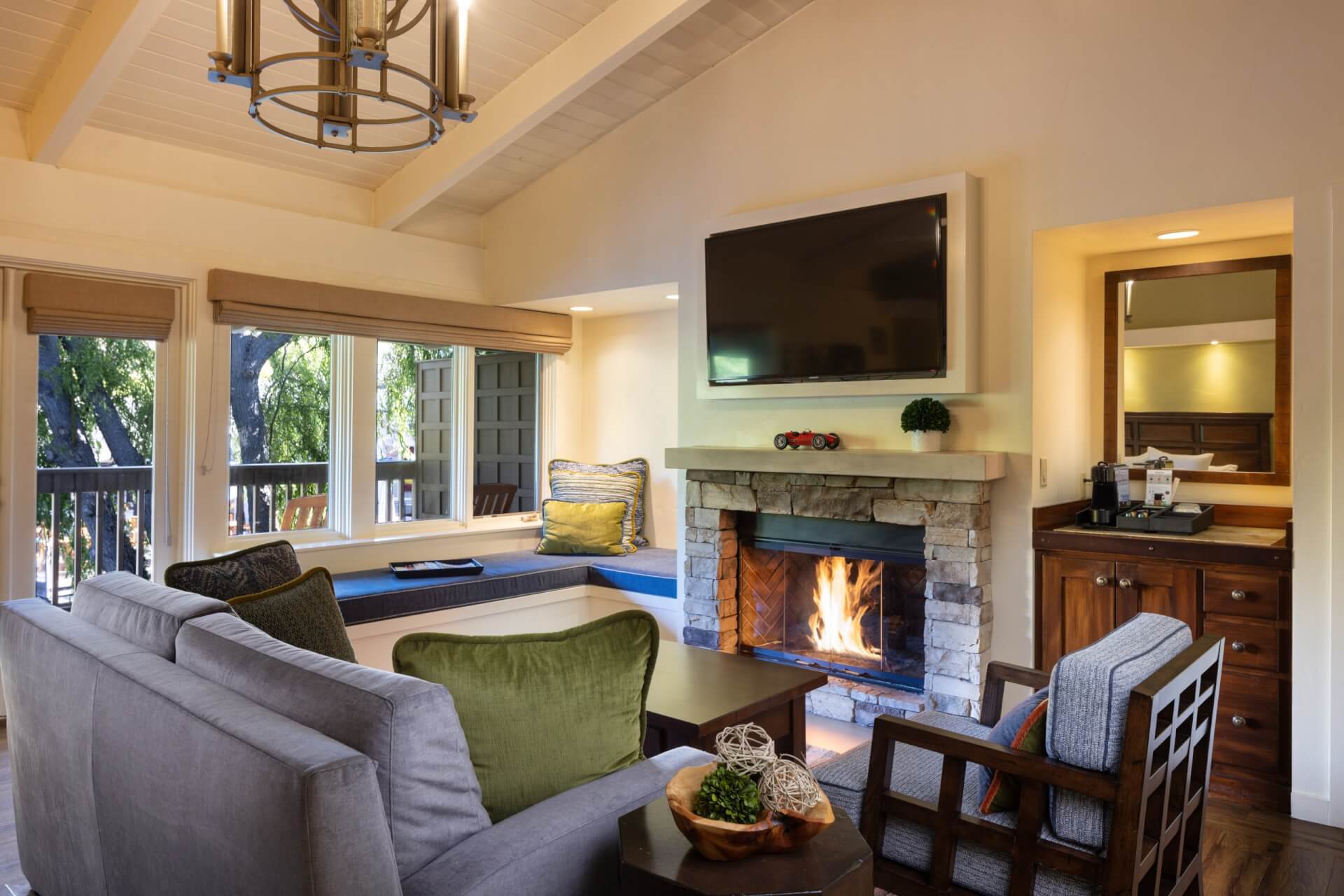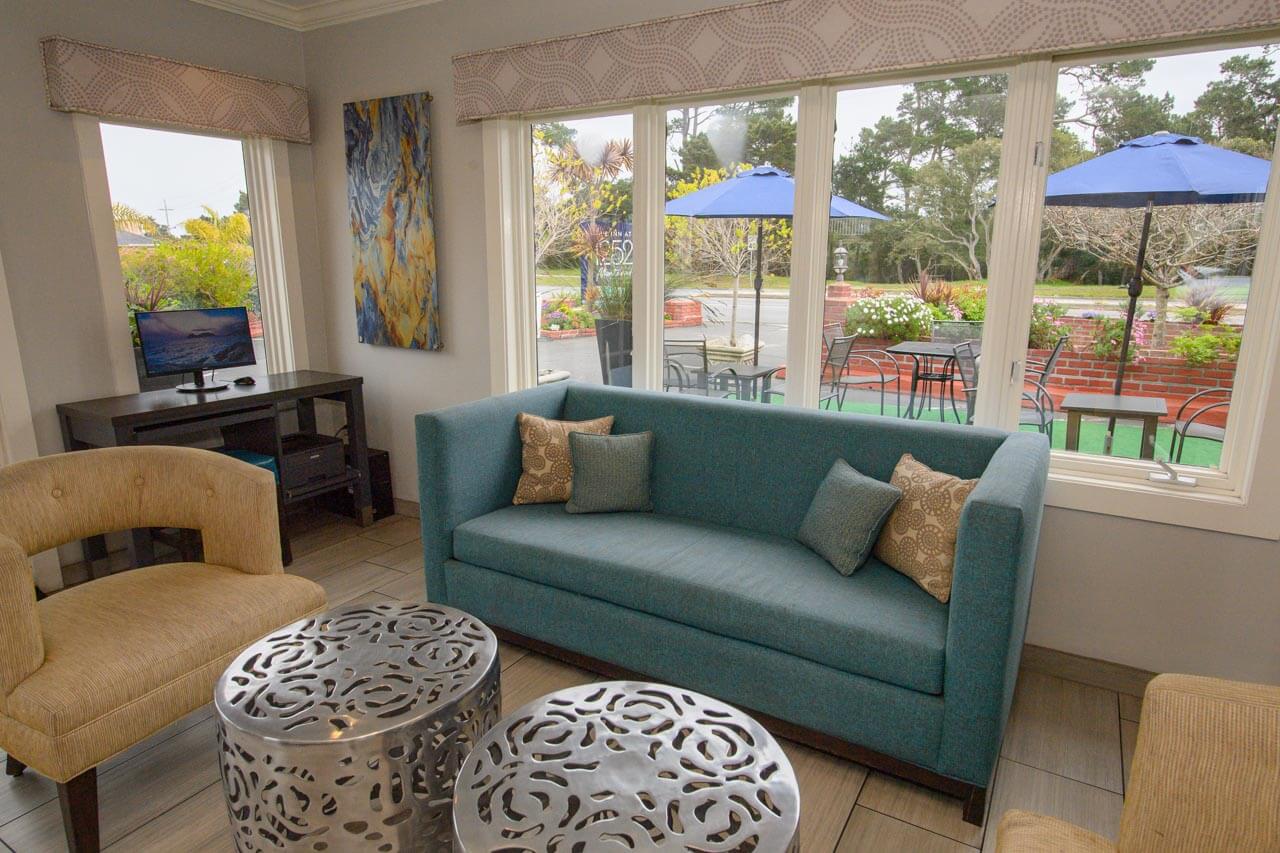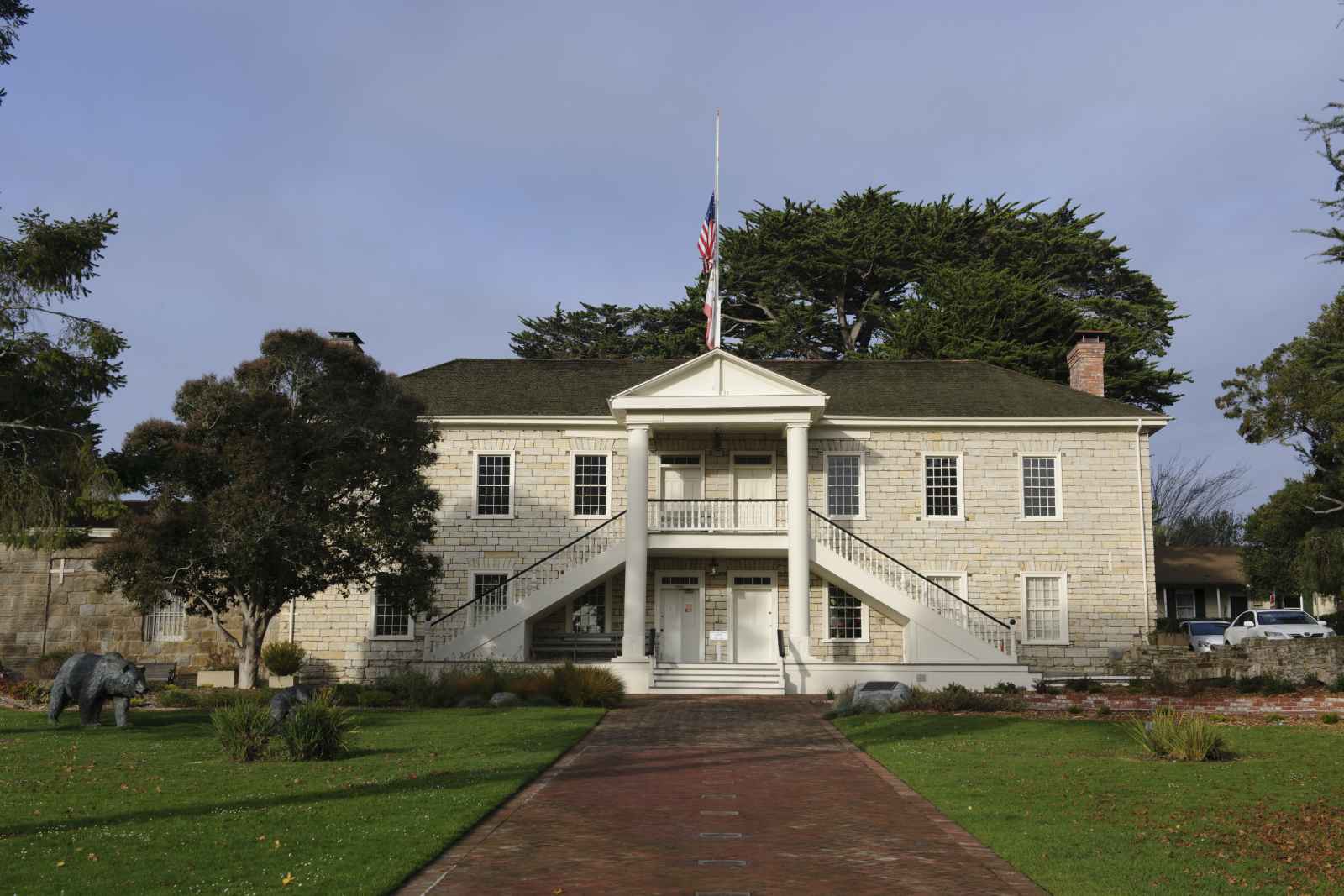Monterey County is home to numerous sites for the dedicated history buff to discover, including many California Firsts. Not all history is good history, but below are local resources providing history of the area, with plenty of tangible ways to experience Monterey County history today. Discover some surprising historical facts of Monterey County on Atlas Obscura.
A Brief History
The Indigenous People of the Monterey County Region
The Esselen, Rumsen Ohlone (Costanoan) and Salinan Tribes were some of the major indigenous tribes who inhabited and cared for the land that is now Monterey County from ancient times to present.
- Rumsen (Monterey Peninsula, Lower Carmel Valley, Salinas, Toro Creek, coast south of Carmel River to at least Palo Colorado Canyon, possibly as far as Andrew Molera)
- Chalon (Mission Soledad area extending to Pinnacles)
- Esselen, from a different language family (Hokan), was spoken by tribes in five territories south of Monterey. Refer to the Esselen Tribe of Monterey County for more information.
Pico Blanco, a sacred mountain in the Santa Lucia Range of the Los Padres National Forest, is considered the "Center of the Esselen World" (The Esselen Tribe of Monterey County) and can be respectfully viewed from Andrew Molera State Park. Julia Pfeiffer Burns State Park, located in the sacred Esselen district of Ecgeajan, features an informational sign installed by the tribe in 2022. Visitors are encouraged to respect the park by leaving no trace and staying on designated trails.
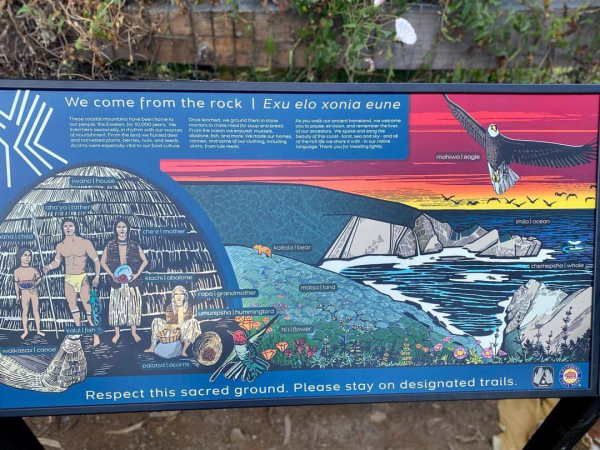
Garland Ranch Regional Park, the first property acquired by the Monterey Peninsula Regional Park District, is located on land originally inhabited and cared for by the Rumsen Ohlone Tribe. Many historical sites remain in the park today: Take the Cooper Trail past a historic barn to the park museum. From there, connect to the Buckeye Trail to an Ohlone Rumsien grinding stone. For the ambitious, the Buckeye trail leads to the steep Maple Canyon Trail and an old homestead site. Visit the Carmel Valley History Center for more info on indigenous life in Carmel Valley.
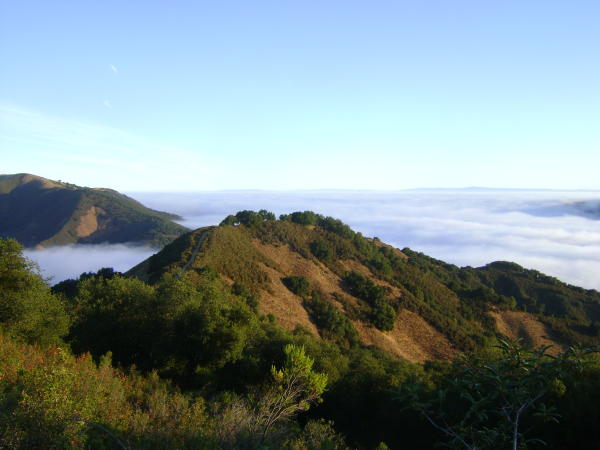
Visit The Esselen Tribe of Monterey County, Rumsen Ohlone Tribal Community and Salinan Tribe of Monterey to learn about the different tribes and their missions to preserve and protect the cultural heritage and ancestral sacred sites of the native peoples of Monterey County.
1770-1797 Establishing California Missions
Spanish Franciscans established missions (religious settlements) to colonize the Pacific Coast and convert Indigenous communities to Christianity. One third of California's Missions are located in the "Catholic Diocese of Monterey," including San Carlos Cathedral, Soledad Mission, Mission San Antonio de Padua, Carmel Mission Basilica.
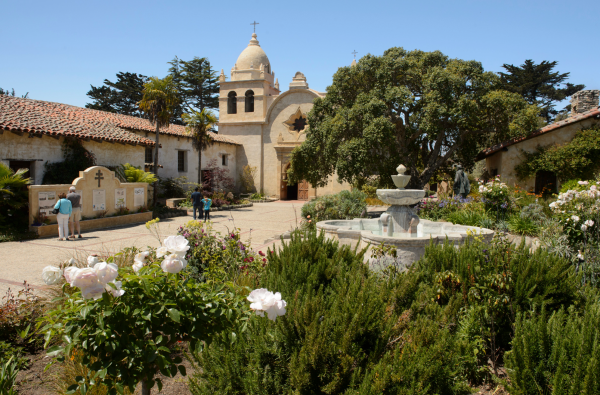
The Juan Bautista de Anza National Historic Trail is the historic 1200-mile route of the 1775-76 Spanish colonizing expedition from from Nogales, Arizona, to the San Francisco Bay Area. From Toro Park in Salinas, one can see the valley that the expedition passed through in the Spring of 1776.
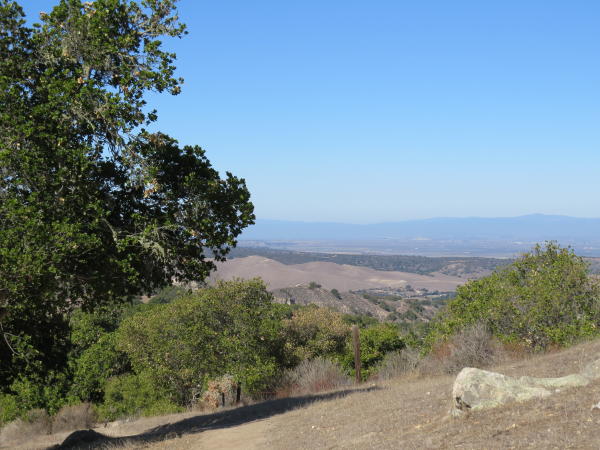
1820-1849 Monterey's "Path of History": Adobes & Other Historic Buildings
55 historic sites lay along Monterey's two-mile "Path of History," including structures that served as private homes, theaters, bars, whaling stations, hotels and custom houses.
Cooper-Molera Adobe: Cooper-Molera Adobe has stood for nearly two centuries in downtown Monterey, witnessing Monterey's transition from a Mexican capitol to an American city. The complex where Cooper-Molera stands now houses a museum, popular pastries from Alta Bakery & Cafe, Cella Restaurant, and an event venue, The Barns at Cooper Molera, all surrounding an extensive garden.
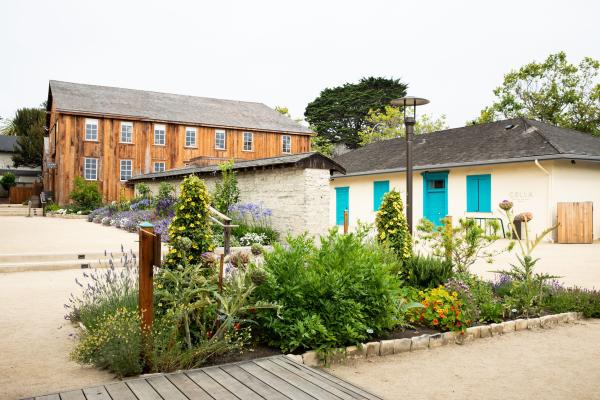
Image by Angela DeCenzo Photography
Custom House: Custom House Monterey State Historic Park is the oldest government building in California and is California State Historic Monument #1. This piece of history is also located at the entrance to the colorful restaurants and shops of Monterey Fisherman's Wharf.
Robert Louis Stevenson House: This two-story adobe has sheltered families, government officials, artists, writers and fishermen, beginning in the Mexican era. The original portion of the Robert Louis Stevenson House is where the author reportedly began his classic tale of adventure, Treasure Island.
Larkin House: Larkin House was the first house built by Thomas Oliver Larkin in the Monterey Colonial architectural style, adapting traditional New England motifs to the available redwood and adobe.
California's First Theater: California's First Theatre was built as a saloon and apartments by English sailor Jack Swan In 1850, the 1st New York Volunteers, an Army unit stationed in Monterey, put on their first play at the building, establishing it as Monterey's theatrical destination.
Casa Serrano Adobe: Casa Serrano Adobe has a special significance in California's early history, having served simultaneously as one of the first schools after the U.S. flag was flown over the Custom House in 1846. The adobe is open and free to the public.
Pacific House: Pacific House has served many different purposes in its history: A military supply storage site, hotel, church and a ballroom. It now houses a museum of California History and the Holman Collection of American Indian artifacts. The self-guided and interactive exhibits take visitors through California history from learning about Monterey County's indigenous people through the Spanish, Mexican, and finally American governance.
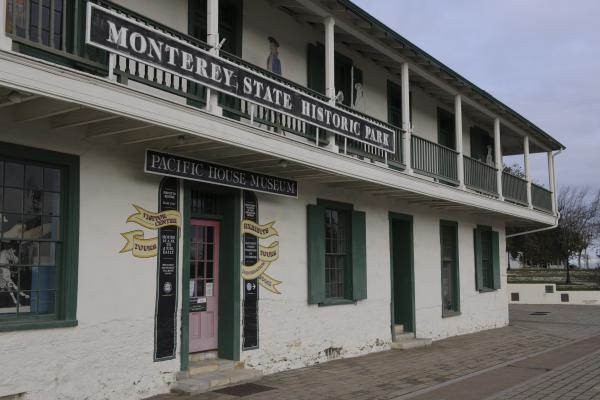
Colton Hall: Colton Hall is a landmark of Monterey, once the capital of Alta, California. Built to serve as a public school and town meeting hall, Colton Hall now offers visitors a re-creation of the meeting room where California's first Constitution was drafted in October 1849. The Old Monterey Jail, adjacent to Colton Hall, was constructed in 1854 and served as the City Jail until 1956.
1850-1906 Monterey County's Fishing Heritage
Point Alones Chinese Fishing Village
In the early 1850s, Monterey Bay was a refuge for Chinese immigrants of the Kwangtung Province, rebuilding their livelihoods by establishing the area's fishing industry, catching abalone, mussels, oysters, and later, squid. Point Alones was the largest Chinese settlement in the Country of this time and a thriving commercial fishing community.
Local incidents of racism mirrored nationwide anti-Chinese sentiment: the Chinese Exclusion Act of 1882 and, in 1906, a fire that decimated the Chinese Fishing Village of Point Alones.
The Pacific Grove City Council recently passed a resolution officially apologizing for the burning of the Point Alones Chinese Fishing Village. Each May, during AAPI Heritage Month, a Walk of Remembrance honors those who lived there. Learn more about the history of Chinese immigrants in Monterey County and the Chinese Fishing Village at the exhibition at Pacific Grove Museum of Natural History.
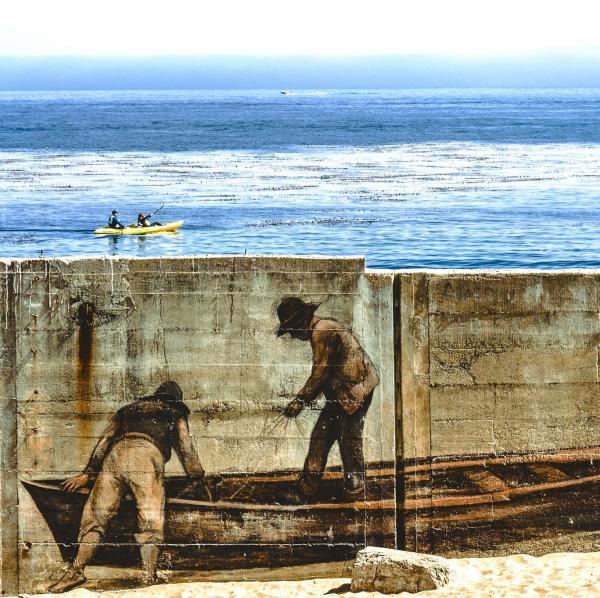
Image by@sonny.abesamis
Cannery Row
Immigrants from Italy, Portugal and Japan also settled in Monterey County, each leaving a unique mark on the legacy of the fishing & canning industry. Canneries expanded rapidly along Cannery Row, formerly Ocean View Avenue, driven by the demands of the wars. Monterey Bay's nutrient-rich water supported a thriving sardine canning industry, and the area came to be known as the "Sardine Capital of the World." The stories of the bygone fishing & canning era are immortalized in local award-winning author John Steinbeck's Cannery Row. Experience Monterey County's fishing heritage on Monterey Walking Tours and with free Wharf Walks Walking Tours on the 1st Saturday of each month.
When the industry fell, the Cannery Row Company was founded to preserve the culture of the world-famous piece of Monterey history, a booming visitor destination to this day.
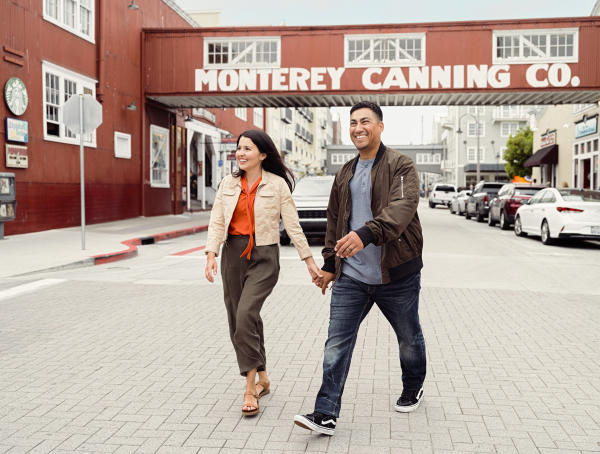
1855-1934 History of Transportation
Southern Pacific Freight Depot: Once a bustling hub, the Southern Pacific Railroad brought fresh Salinas Valley produce to all corners of the U.S. through this freight depot–This is how Monterey County came to be known as the "Salad Bowl of the World." Visit the Regional Heritage Center and California Welcome Center Salinas that now live at the site of the historic depot to learn and be inspired by the area's storied history.
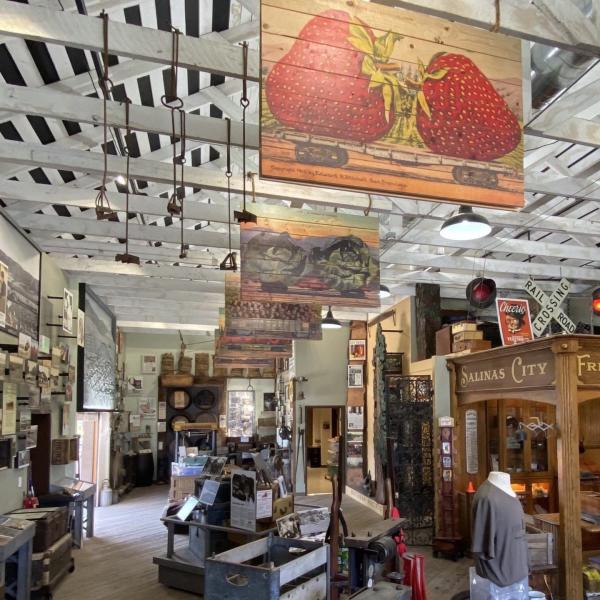
Point Pinos Lighthouse: Built in 1855, Point Pinos Lighthouse is the oldest continually operating lighthouse on the West Coast and is still in operation today. The building, lenses and prisms are all original, and are still an active aid to navigation.
Point Sur Lighthouse: Built in 1889, Point Sur Lighthouse is a California State Historic Park perched 361 feet above the Pacific Ocean on a volcanic rock. This Big Sur lighthouse has been in continuous operation since its construction and is the only complete lighthouse of its era open to the public in California. Tours are first-come, first-served, so plan to arrive early
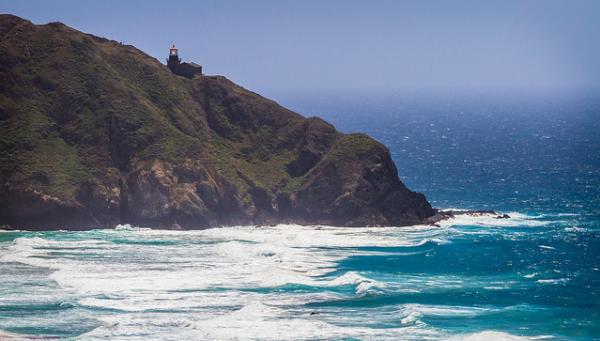
Highway 1: California 1 opened in 1934 and the coastline was never the same! The Highway 1 Roadtrip through Monterey County is the quintessential California road trip experience, abound with charming coastal towns and awe-inspiring landscapes. View tips on How to Travel Responsibly in Big Sur and along Highway 1.
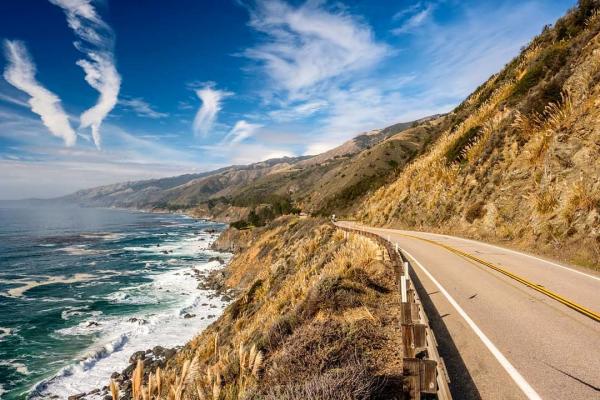
WeatherTech Raceway Laguna Seca: This iconic raceway was established in 1957, spearheaded by local car enthusiasts and built on the former Fort Ord Army training base. It quickly became known for its challenging turns and elevation changes, with the infamous Corkscrew gaining legendary status among drivers. The track’s opening marked the beginning of its prominent role in motorsports history.

This has been a brief history of Monterey County, California. To learn more, please visit the Monterey County Historical Society.
Haunted Places in Monterey County
And with its rich and rooted past going way back, Monterey County has no shortage of ghost stories that go along with these historical attractions. If you dare, learn about Must-See Haunted Places in Monterey County.
